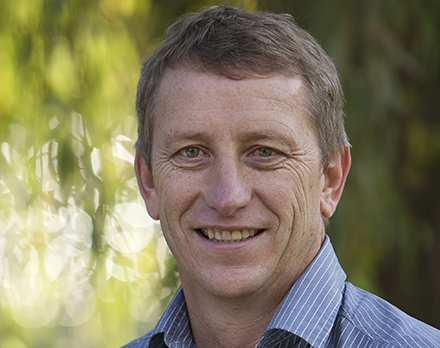New Zealand’s Forest Owners Association is telling Federated Farmers that it needs to educate itself about how the Overseas Investment Act works before making any more false claims about non-existent overseas investment in carbon farming. Source: Timberbiz
Carbon farming is where trees are not intended to be harvested and the only income is from carbon credits. An unknown area of carbon farming has been planted by New Zealand landowners, with a number of farmers most likely planning on such ‘plant and leave’ forests on the more remote, steep and unproductive parts of their farms.
Federated Farmers has called on the government to change the rules of the special forestry test for overseas forest investment, claiming that overseas investors are carbon farming and taking farmland out of production.
Forest Owners Association President Phil Taylor says this can’t be true because any overseas investor using the special forestry test to obtain Overseas Investment Office consent is banned from carbon farming.
“The rules are quite clear. If you are an overseas investor, you can only plant with the intention of harvesting,” he said.
“There are plenty of powers in the National Environmental Standards for Plantation Forestry, which is under the RMA, and the Overseas Investment Act, for monitoring and ensuring compliance, directly and through the compulsory registration and monitoring of the forests by region-al authorities.
“The rules include boundary and river setbacks for planting and land preparation. The owners have to invest at the outset in means to produce timber and the regulations enforce that all the way through the planting, growing and harvest cycle.
“Federated Farmers is claiming there is no mechanism to ensure this happens. But it has failed to name a single example of non-compliance,” he said.
“Nor has it been able to identify one single oversees investor who has been given approval to buy New Zealand owned farmland to plant carbon only forests.”
Mr Taylor said a statement by Federated Farmers’ Meat & Wood chairman William Beetham ex-pressed concern that there are no rules to make forest owners prune their trees.
“That’s not fair even to our responsible New Zealand foresters,” Mr Beetham said.
“The recent spike in the afforestation of sheep and beef farms is not the result of consumer driven demand, but heavy-handed and short-term Government policies designed to incentivise more trees, regardless of whether or not they are the right tree in the right place.”
But Mr Taylor said that Mr Beetham’s statement either shows how misinformed the federation is, or that the farmer organisation alarmingly now wants the government to make such laws.
“It’s a commercial decision every forest owner has made on the grade of timber they want to produce,” Mr Taylor said.
“Currently 61% of all forests are unpruned including in the more than 300,000 hectares of production forests on hill country farms.”
“I’m astonished that Federated Farmers, of all organisations, is suggesting the government force farmers to prune their trees. It would be the same as if the government instructed all sheep farmers to only run cattle.
“The Climate Change Commission has recommended to the government that 380,000 hectares of production forest be planted by 2035 to meet New Zealand’s greenhouse gas reduction targets.
“But Federated Farmers’ campaign would restrict all plantation forestry, and so there is a real risk that the planting rate will fall short.”
Mr Taylor said that would mean an even larger national bill for buying credits overseas, greater fast-track emissions reductions required elsewhere in the New Zealand economy, less profitable farming with lower timber income, and further reduction of livestock numbers.
He said the FOA was not involved with, nor promoting, carbon farming.
“Carbon farming on land which can be used to produce timber or livestock doesn’t make sense,” he said.
“Carbon farming employs very few people. The practice presents fire, pest and disease risks.
“We’d much rather be talking with Federated Farmers about our mutual concerns about real carbon farming, and how we can integrate production forestry into farming operations, than having to put the Feds right on situations where there is no carbon farming at all.”






